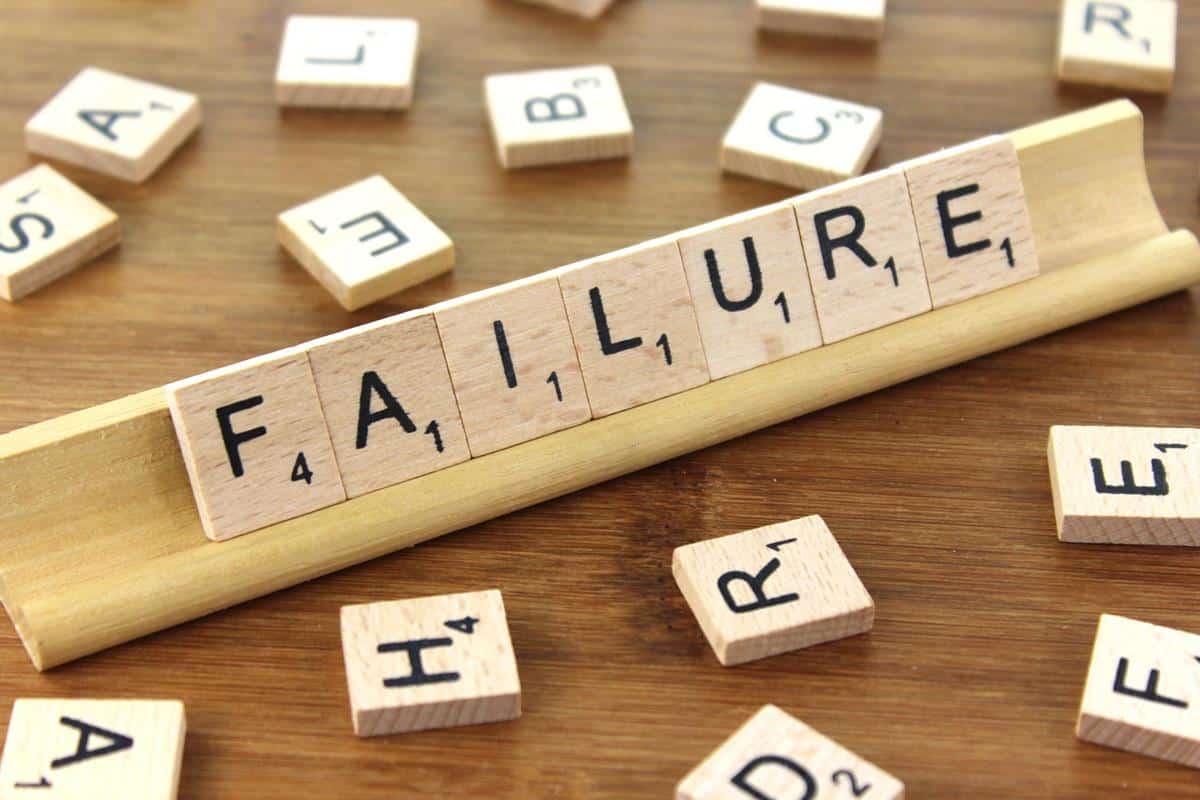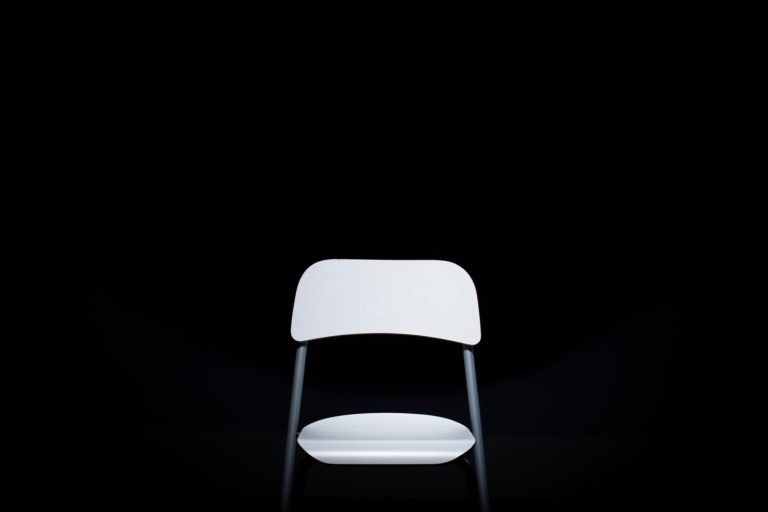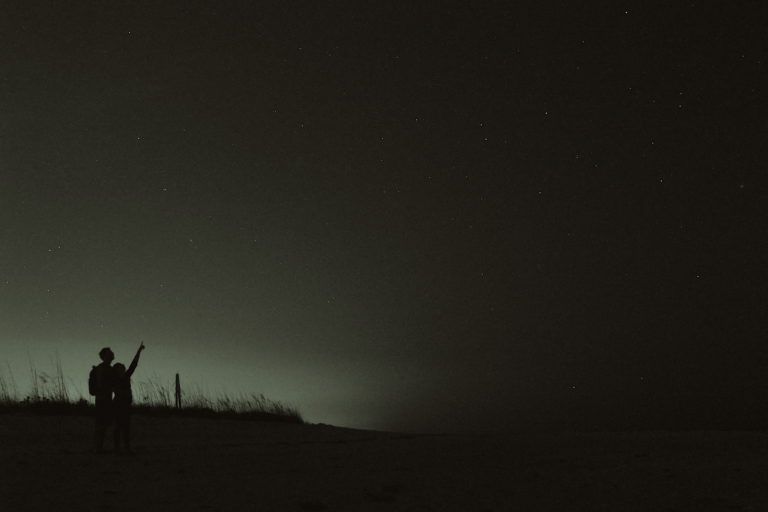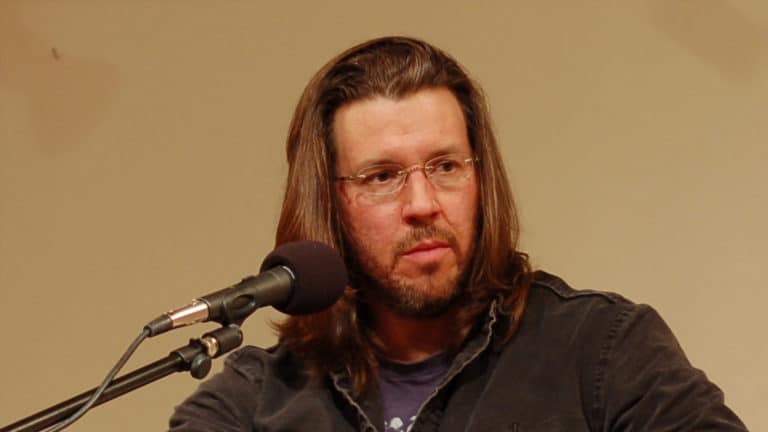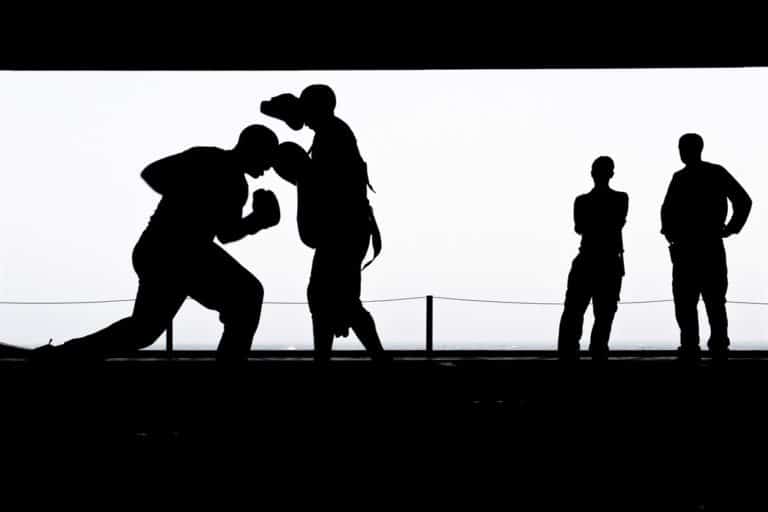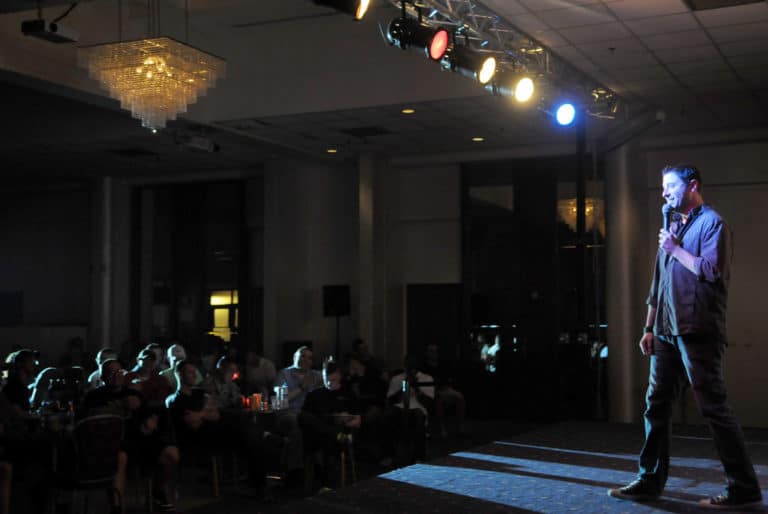Someone recently asked me in an interview, “How do you obliterate that voice inside of you that tells you you’re a failure as a writer?”
I laughed when I heard the question because most of the writers I know and hang out with, from prize winners to fledgling authors, all seem to battle the same anxiety that we’re somehow not good enough. No matter how shiny our reviews, how big our prizes, a lot of us scribblers feel like impostors. We worry whether or not we’ve really communicated what we want to say, in the way we wanted to say it. It’s astonishing how often even a great review or a success can be dismissed, because maybe the reviewer just liked us or felt sorry for us or wasn’t being critical enough. Even a prize can mean that we were simply the top of a not-very-good selection of people. Can writers ever feel content? Is there a way to quell the fear so we can buckle down and do our work?
Lately, I’ve begun to think that maybe there’s a way to use that fear. Instead of letting anxiety cripple creativity, maybe that negative voice can help it bloom. Perhaps the thing to do is to make peace instead of trying to go into battle.
It’s not necessarily a bad thing to be a little nervous, a little scared as you are writing. Good writing is risky writing. There is a wonderful John Irving quote: “If you don’t feel you are possibly on the edge of humiliating yourself, of losing control of the whole thing, then what you’re doing probably isn’t very vital. If you don’t feel that you are writing somewhat over your head, why do it? If you don’t have some doubt of your authority to tell this story, then you’re not trying to tell enough.” How comforting is this—a master writer telling us all to be dangerously daring, to be scared, to be more than a little nauseous as we ply our craft. Maybe the message is to write as if you were Odysseus going into the depths of hell and then emerging back into the light with new knowledge, because in that discomfort zone, in those darkest of coal mines, you can find the diamonds.
What you need to do, maybe, is change the way you approach that punishing voice, to even regard it as an indication that you’re doing something right. I teach writing online at UCLA and Stanford, and whenever a student tells me tthat a story is the best thing he or she has ever written, my heart starts to curl, because I know, from experience, that the writer has taken a safe, familiar route, one that makes him or her feel comfortable. But when students tells me how worried they are, how they spent all week feeling so heartsick that they contemplated going to dental school instead of being a writer, that’s when I know they’re doing brave work and that it’s going to be really interesting. And it is.

